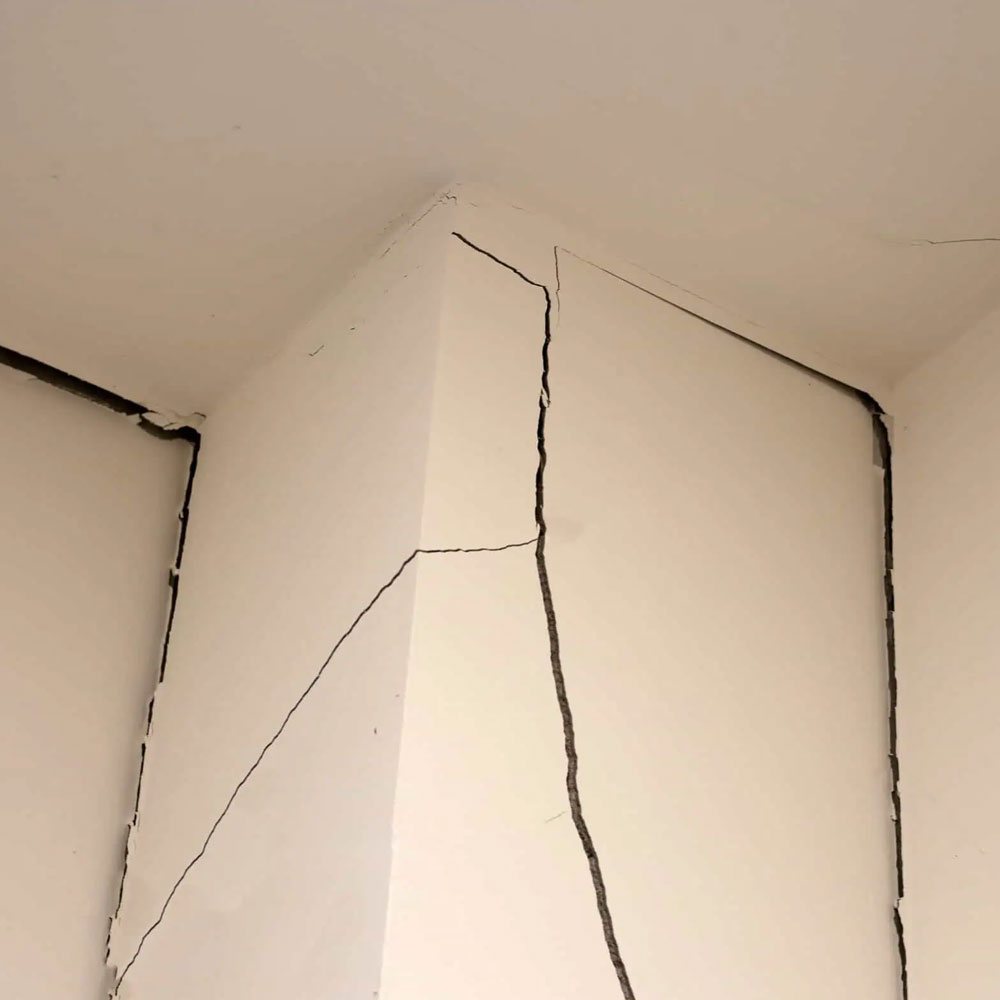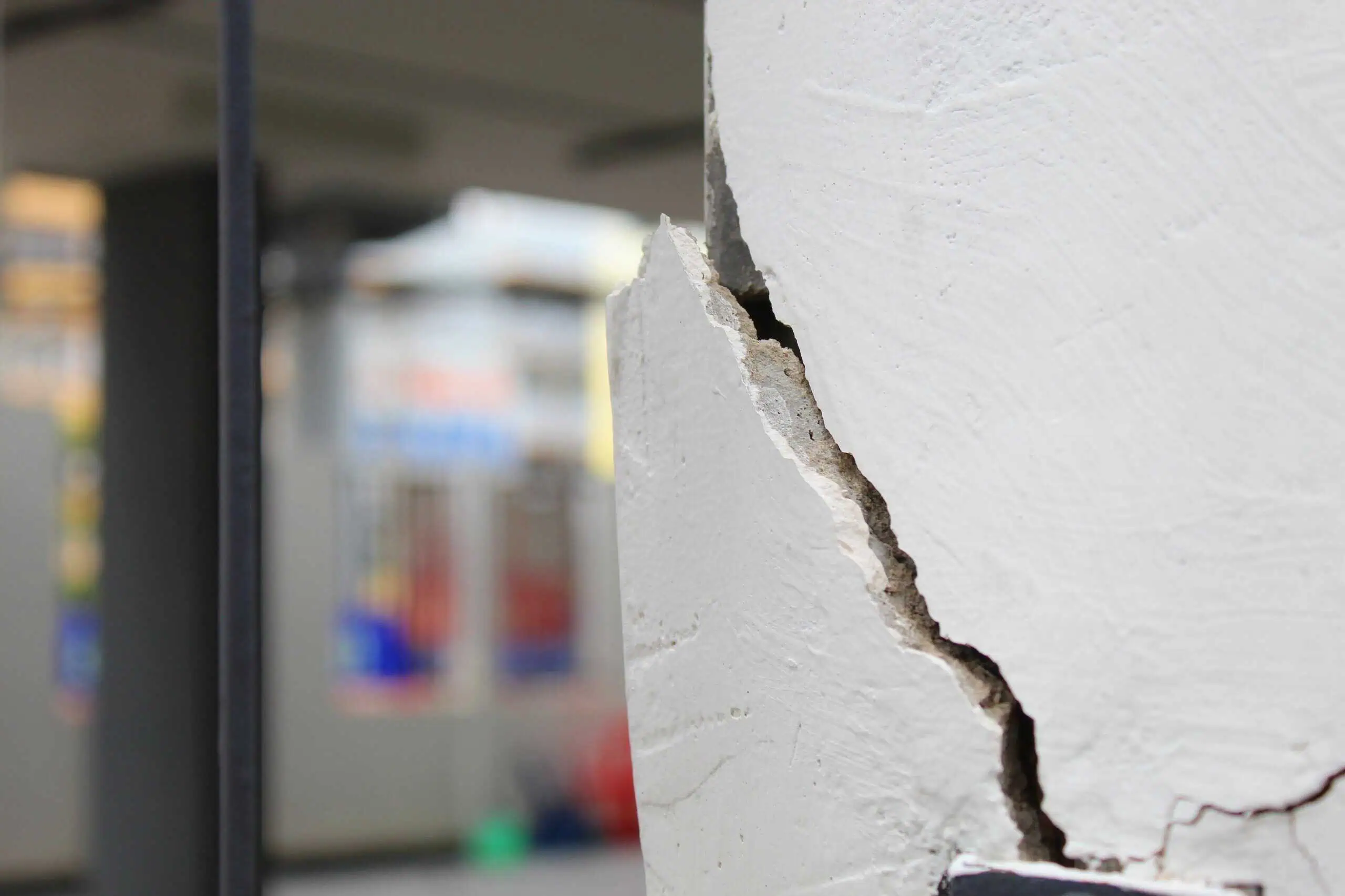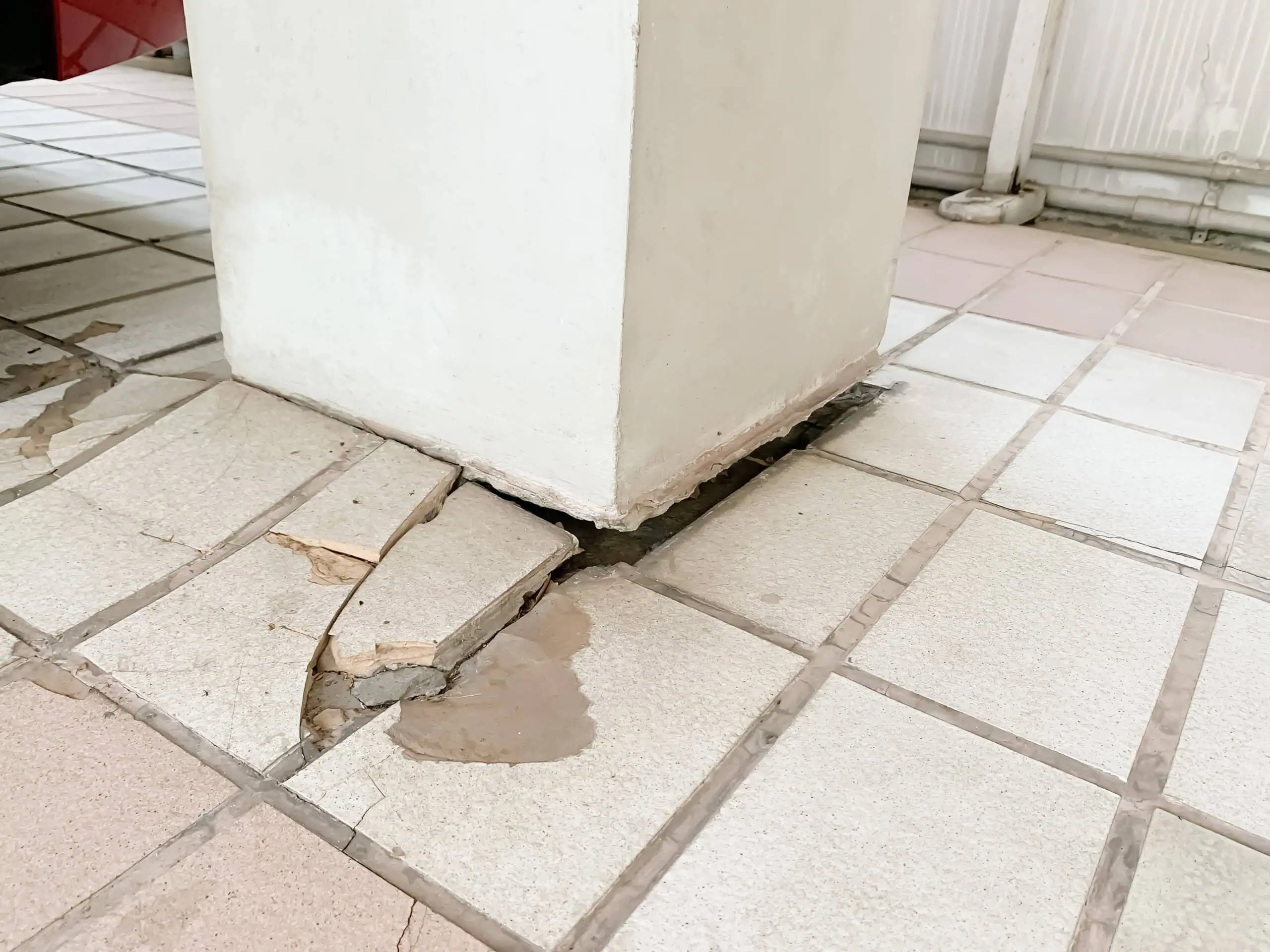
Earthquake Insurance Worth It in North Carolina? A Comprehensive Guide
At Laurie Insurance Group, we often hear homeowners and business owners in North Carolina ask the same question: “Should I invest in earthquake insurance?” Though the Carolinas aren’t known for trembling earth, understanding seismic risk and protection options is still essential.
This guide explores what you need to know about North Carolina earthquake insurance; no hard sells, just clear answers to help you make an informed choice.
What Kinds of Earthquake Events Occur in North Carolina?
North Carolina experiences primarily intraplate seismic activity, meaning the quakes originate within tectonic plates rather than at plate boundaries. These are generally low‑magnitude events (typically under 4.0) and often go unnoticed by residents. However, rare moderate tremors (magnitude 5.0–5.9) have been documented, and minor shakes are felt occasionally, making the state not entirely immune.
Data from the US Geological Survey indicates over 70 small earthquakes have occurred in the region over the past century. Although most have been harmless, seismic unpredictability means even lower‑risk areas can experience damage.
How Could an Earthquake Affect My Home or Property?
When an earthquake does occur, even a mild event can have outsized impact on vulnerable structures. Many North Carolina homes, especially older properties, were not built to modern seismic standards. As a result, cracks in foundations, chimneys, non‑structural damage like broken drywall, fallen bricks, or shifting of chimneys and HVAC units may occur.
Standard homeowners insurance typically doesn’t cover quake damage. If your property sustains such damage, repair costs could be substantial, especially if water or gas systems are affected. While significant quakes remain unlikely, the potential expense from even a moderate event is worth evaluating.
What Exactly Does Earthquake Insurance Cover?
Earthquake insurance is a supplemental option that can be added to your standard homeowners or commercial policy. Coverage often includes:
- Structural damage, like foundation cracks, broken walls, or collapse.
- Detached structures, such as garages, fences, and sheds.
- Personal property, ranging from furniture to electronics, sometimes limited to a percentage of the dwelling coverage.
- Additional living expenses, if displacement occurs while repairs are underway.
However, every policy is different. Limits, deductibles (frequently a percentage of dwelling coverage), and exclusions (like damage from landslides or mudflows) vary widely. It’s essential to review policy language and ask your Laurie Insurance Group agent how each element applies to your situation in North Carolina.

Who Should Consider Earthquake Insurance in North Carolina?
Earthquake insurance may be worth considering if you answer “yes” to any of the following questions:
- Do you own an older home or a property not built to current seismic codes? Older homes are generally more vulnerable to even minor quakes.
- Is your residence close to known fault lines or reactive soil? Parts of western North Carolina are slightly closer to active seismic zones than the coastal plain.
- Would a quake‑related repair represent a financial hardship? An out‑of‑pocket repair bill could easily reach thousands of dollars.
- Do you carry valuable belongings not easily replaced? While personal property coverage may be limited, it can still help offset losses.
- Do you run a business that depends on structural and operational stability? Commercial quake damage can disrupt services and income. Coverage can include building repair, inventory, and business interruption.
If these scenarios apply to you or your business, earthquake insurance may provide peace of mind and financial protection.
What Costs Are Associated With Earthquake Insurance in North Carolina?
The cost of earthquake insurance in North Carolina depends on several factors:
- Location within the state: Areas with moderately higher seismic risk may see higher premiums.
- Home or building age and construction type: Structures built before modern code years are deemed higher risk.
- Policy limits and deductible levels: Higher deductibles lower premiums; higher limits increase them.
- Personal property value: Basic dwelling coverage costs less than plans including personal belongings or additional living expenses.
In most cases in North Carolina, premiums are relatively low, often a few hundred dollars annually. But a deductible percentage (commonly 2–15% of dwelling coverage) still represents a significant financial cost if you file a claim. Speak with your Laurie Insurance Group agent to get personalized estimates based on your property specifics and risk tolerance.
Is Earthquake Insurance Required in North Carolina?
Unlike in high‑risk states such as California, earthquake insurance in North Carolina is fully optional. Neither state law nor mortgage lenders typically require it, though individual lenders may recommend it under certain conditions (e.g., if your home has unique structural characteristics). That said, federal disaster grants or loans don’t cover damage you could have insured against with a private policy. So even though it’s optional, having coverage could be crucial in a worst‑case scenario.
How Do I Decide if Earthquake Insurance Is Right for Me?
Here’s a suggested decision‑making approach:
- Assess your risk: Consider location within North Carolina, soil type, home age, and construction.
- Estimate repair costs: Think through worst‑case damages: foundation, walls, chimney.
- Compare premiums and deductibles: Ask Laurie Insurance Group for accurate cost scenarios.
- Evaluate your comfort with risk: Are you financially prepared to self‑insure against quake damage?
- Weigh benefits vs cost: If an earthquake, however unlikely, would create a financial burden, quake insurance may be justified.
The goal isn’t to make a hard yes/no call, but to present you and your Laurie Insurance Group agent with enough clear information to make a decision you’ll feel comfortable with.
How Can Laurie Insurance Group Help Me Navigate Earthquake Insurance Options?
At Laurie Insurance Group, our agents are deeply familiar with North Carolina earthquake insurance options and local risk factors. Here’s how we support you:
- Personalized risk assessment comparing your home/business to North Carolina seismic history and soil maps.
- Multi-carrier quotes designed to fit your budget preferences and coverage expectations.
- Transparent explanations of deductibles, limits, and policy language so you understand exactly what you’re signing.
- Claims assistance and ongoing support, helping you evaluate additional living expense benefits and how to smoothly file a claim if needed.
- Periodic policy reviews, as building codes and local risk factors evolve over time.
While no one can predict when an earthquake will strike, you deserve clarity on whether the protection is a practical choice for you.

Where Can I Learn More or Get Started With Earthquake Insurance?
Ready to explore coverage tailored to your North Carolina property? Reach out to Laurie Insurance Group today. Our team will discuss your goals, local considerations, and custom options, from basic dwelling-only plans to full protection with personal property and living-expense coverage.
Protect your peace of mind because even in a lower‑risk state like North Carolina, seismic safety is worth a conversation.
Contact Us!
For quotes or questions, fill out the form below and one of our agents will be in touch shortly!



